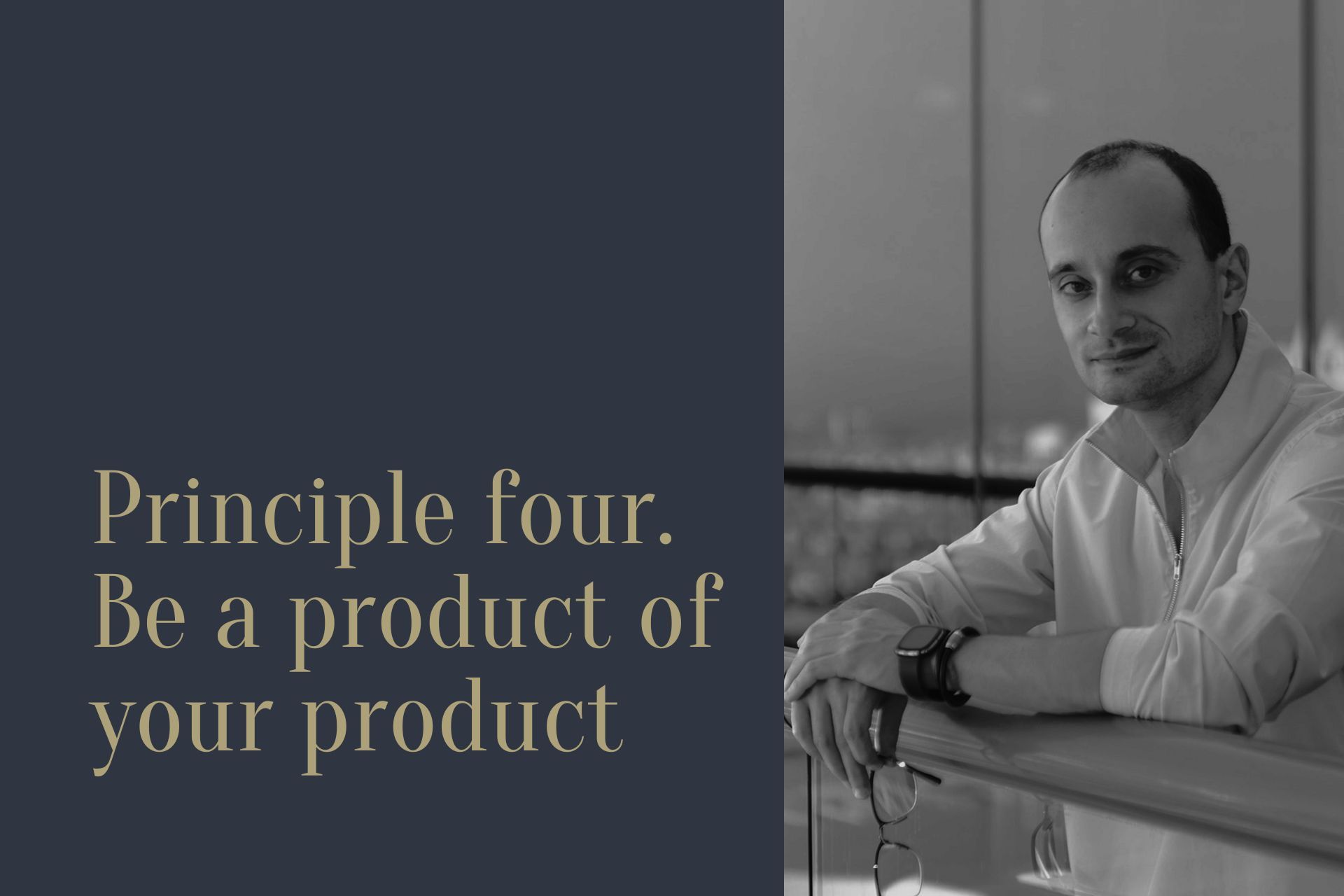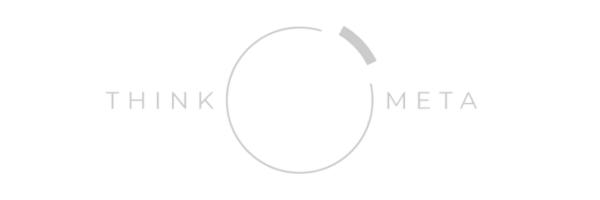Other people's opinions, how to stop depending on them

Have you ever heard the phrase "couch gymnast"? Probably not, because I just invented it! I'll tell you how it connects to this story…
The Simone Biles Controversy
I was recently discussing the Tokyo Summer Olympics with one of my colleagues. It happens that this colleague - I won't name him because I didn't ask his permission - is Simone Biles' personal coach. Simone is the most titled artistic gymnast in Olympic Games history. But something happened to her in Tokyo. She stopped feeling the location of her body in flight. I won't get into explaining why this happened to her, but to give you a little more understanding of the context and what Simone went through, I'll give you one fact. Simone's team's doctor received a life sentence for sexual abuse. Simone was one of his main accusers, which numbered over three hundred in total. This was just one of hundreds of factors that could have contributed to what happened to her that day in Tokyo.
So, because Simone stopped feeling her body in flight, she decided to withdraw from the competition. As soon as her statement was published, a torrent of criticism rained down on her from social networks. She was called a loser, a drug addict, a rag, a disgrace to the nation, and so on. All the criticism came from "couch gymnasts" - people who spend most of their time sitting on the couch and can hardly pull themselves up on the bar but who feel they know what Simone needs to do and how she should live her life better than she does. It was hard for Simone to see so much negativity directed at her, but my colleague, her personal coach, said important words that helped her not to give a damn about other people's opinions. He told her: "Someone who knows what you are going through is now giving you a helping hand." This is true. Most of the Olympians gave her words of support.
Why am I telling you about this?
To have the right to advise Simone, you must be equal to Simone.
The Essence of Metacognitive Programming
And this is the fourth principle of metacognitive programming that I want to tell you about today.
It's called "being a product of your product."
Being a product of your product means being your own best example. This principle is of the highest moral standard, which requires conformity to one's ideals.
Kabbalistic Teachings on Self-Healing
In Kabalistics there is a doctrine about man’s role in the world: tikkun olam, tikkun atzmi. The direct translation of this phrase is: by healing yourself, you heal the world. (This phrase has a continuation, which I will talk about in future episodes). So, tikkun olam tikkun atzmi holds great depth.
On the one hand, this phrase means that you have to start with self-healing and personal transformation if you want to be worthy of changing the world. I know people who want to help the world but carry an internal split and a discrepancy between the external and the internal. They can't help anyone until they're all right inside.
But tikkun olam tikkun atzmi also indicates that your healing only works in connection with the world. You cannot heal while apart from the world. You are one. There is no you and "them." There is you as a unit of totality.
Being a monk and going to the mountains is easy. Being serene in the center of a metropolis is much more difficult. To be a product of your product is to enter the path of healing, starting with yourself but constantly in contact with the world. Being a product of your product means, on the one hand, deeply understanding the previous three principles of metacognitive programming and, on the other hand, confirming your understanding of these principles with real facts from life.
For example, if you know that smoking is bad for your health but continue to smoke, then you know but don't understand. If you deeply understood this, you would immediately quit.
I think the lessons on how to optimize your life and your habits to become products of your mind will be your favorite. In them, I will tell you what you can do with your life when your thinking is sufficiently trained.
In the meantime, I want to give you advice.
Filtering Information for Mental Well-being
Thousands of thoughts from different sources enter your head every day - social networks, TV, radio, books, people around you. This has been going on since childhood. The consumption of information is, in many ways, similar to the consumption of food. For example, we are hungry not only because we haven't eaten for a long time but also because we've been without outside stimulation for a long time. And just as we sometimes overeat or eat something unhealthy, in the same way, we absorb too much information and use something that harms our thinking.
I want you to start using a very simple filter that will block out outside information. The filter sounds like this: "I only allow thoughts from people who are the product of their thinking and whom I want to be like, to enter my head."
The words "Who do I want to be like" are extremely important. Because everyone is a product of their thoughts, and if the thoughts are of low quality, then life will reflect this. Your goal is to align yourself with people who think and live well. To do this, you need to filter out thoughts that no longer serve you and let in only those that bring you closer to what you desire. So you only listen to people who have healed themselves.
My clients' most common question at this stage is usually this: "What if I have to filter information from a loved one from whom I cannot distance myself?"
Here's what you need to understand. If this is a loved one, then all his thoughts have long entered you, and it's too late to filter them. It's not necessary to distance yourself from this person to reprogram your life because, for you, they are no longer the main source.
Your brain is like a CD on which you can overwrite old information with new. And you can do this if you filter out all the usual sources of thoughts and direct your attention to new ones. The old will be forgotten, and the new will come.
Choosing the Right Mentors
For example, I don't read the news, spend almost no time online, and don't listen to people who talk about things they don't have. I don't read business books because they're usually written by people with smaller businesses than mine. I don't allow people who can't show me the results of their advice in their own lives to give me advice. I don't work with fitness trainers whose bodies aren't examples of great physical shape or consultants who advise on things they haven't done for themselves.
Now you know what the fourth principle of metacognitive programming is - be a product of your product.
In the next article, we will discuss the fifth - and last - principle. And after that, your formal training in self-coaching will begin.

